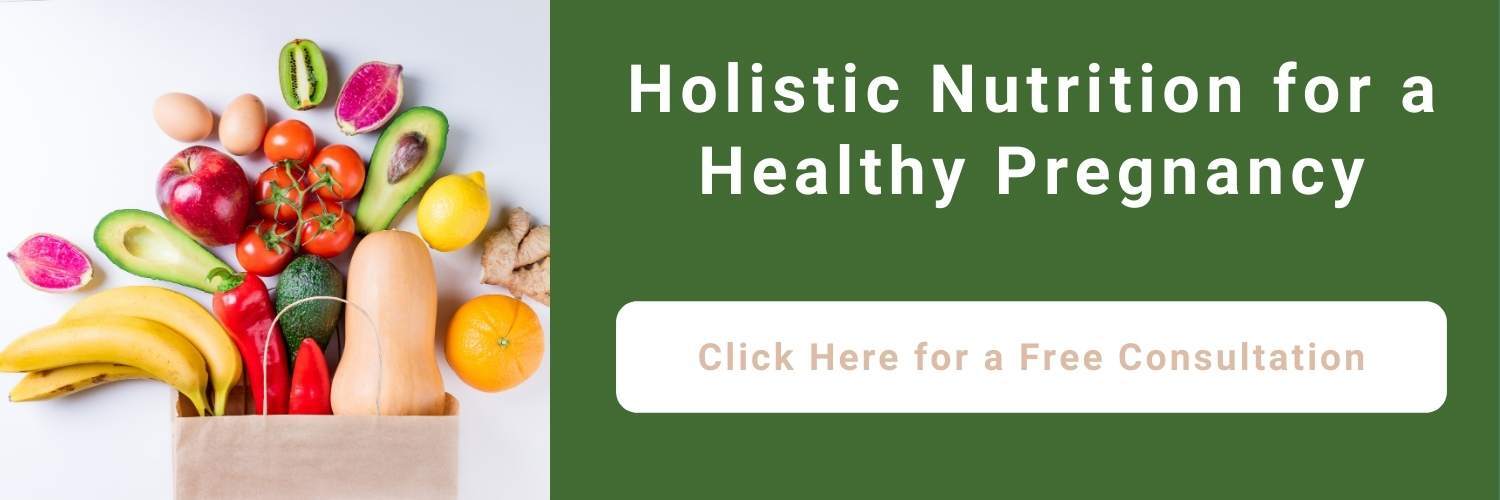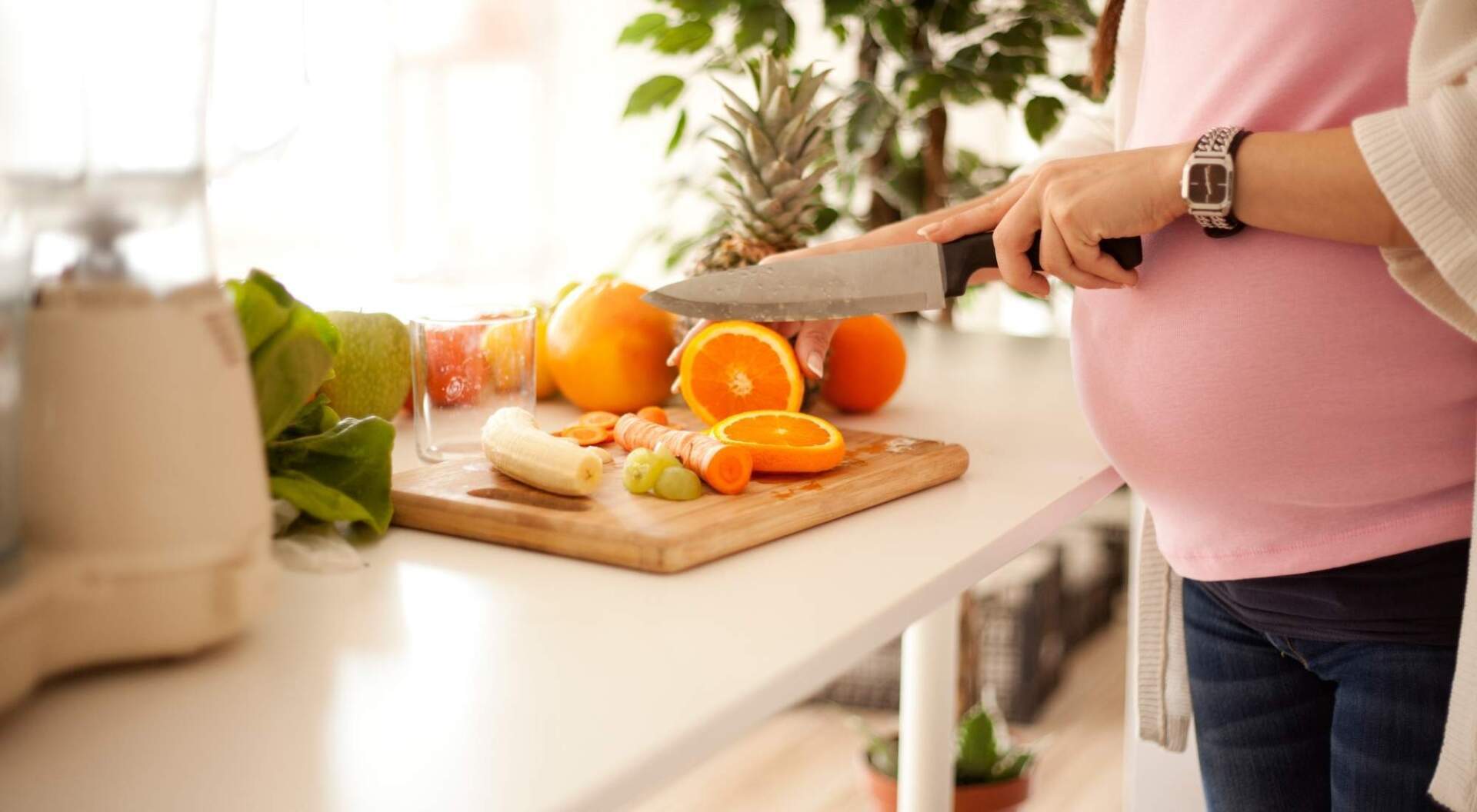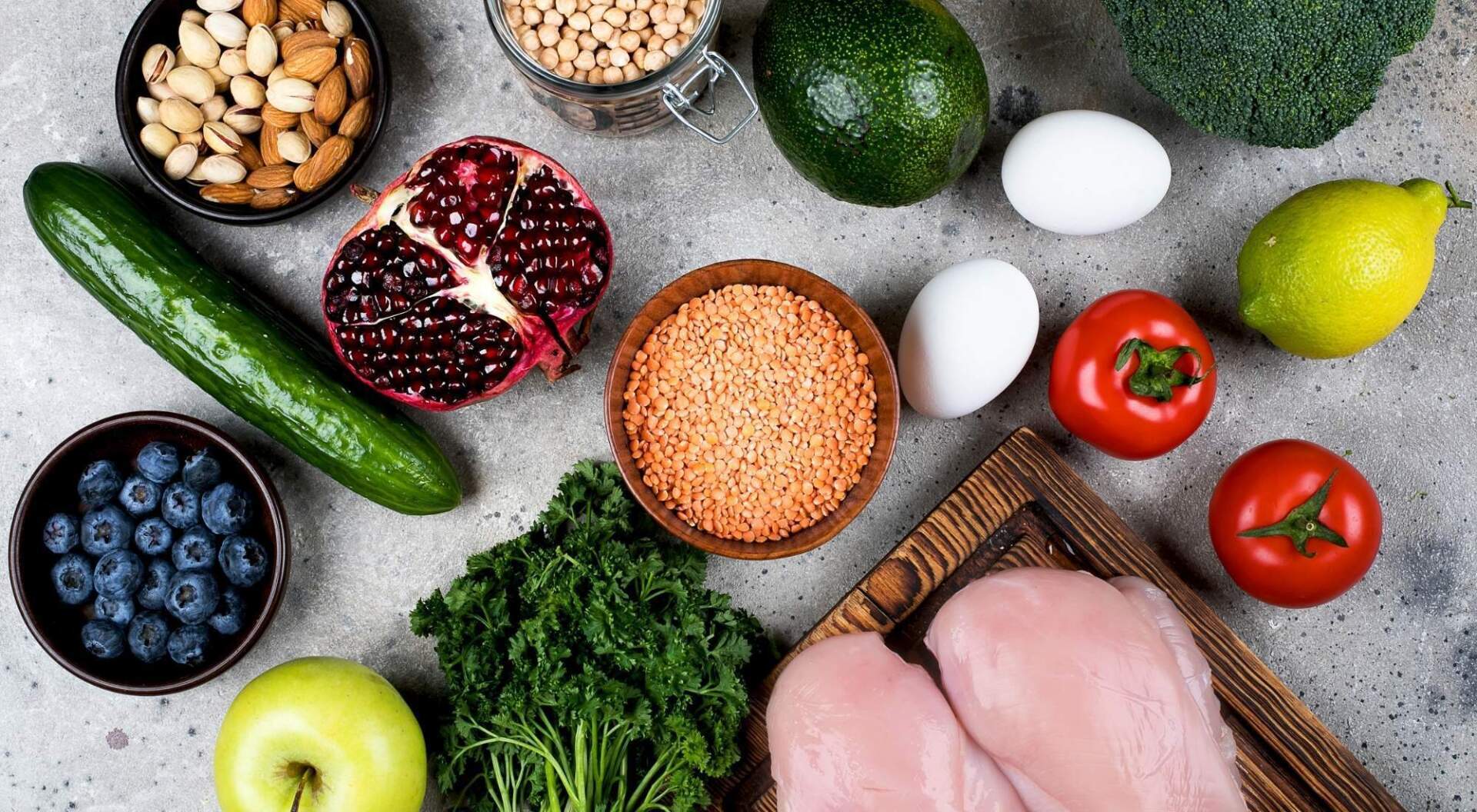Should You Be Eating Paleo?: Pregnancy Diet Plan and Everything You Need to Know About a Paleo Pregnancy
"The content below is not intended to be a substitute for professional medical advice, diagnosis, or treatment. Always seek the advice of your physician or other qualified health provider with any questions you may have regarding a medical condition."
Paleo and pregnancy— you’re wondering if it’s the right approach to your prenatal health.
Maybe you’re already enjoying a paleo diet and it’s working out well for you, or perhaps a friend raves about her paleo pregnancy diet plan and thinks you should try it too.
Whatever the reason, you’re here because you want to know if a paleo pregnancy is the right choice for you and especially for your baby.
In this guide, we’ll walk you through all the pros and cons to paleo in pregnancy, and why you may want to consider a holistic approach to your pregnancy to get the benefits of paleo—and more.Table of Contents
- What is the Paleo Diet?
- Benefits of a Paleo Diet
- Risks of a Paleo Diet
- Should You Eat Paleo During Pregnancy?
- Is Paleo Healthy for Pregnancy?
- Paleo Diet: Pregnancy Meal Plan Ideas
- Paleo Pregnancy: Foods You Should Eat
- Paleo Pregnancy: Foods You Should Avoid
- Focus on Holistic Nutrition Rather Than Paleo in Pregnancy
- Nutrition Response Testing Can Determine if a Paleo Pregnancy Diet Plan is Right For You
- Nutrition Response Testing for Pregnancy
What is the Paleo Diet?
Also referred to as the “caveman diet,” the paleo diet was developed based on what may have been eaten by humans during the Paleolithic era (approximately 2.5 million to 10,000 years ago) and predominantly includes:
- Fish
- Meats (preferably game meat)
- Seasonal fruits
- Locally sourced vegetables; and
- Nuts and seeds
It basically consists of the food that hunters and gatherers would have obtained during that era.
Many people believe this is how humans should continue to eat based on the theory— known as the discordance hypothesis — that the human body is not genetically matched to today’s foods.
So, what are the upsides of a paleo diet, and are there any downsides?
Read on to learn more about the pros and cons of eating paleo.
Benefits of a Paleo Diet
When a person initially makes the switch to a paleo diet the benefits are apparent almost immediately.
A decrease in processed sugary foods combined with an increase in vegetables, fibers, and healthy fats can improve gastrointestinal health and energy levels, and it also reduces inflammation.
If you are eating, or are planning to eat, a paleo diet some advantages may include:
- Lower blood pressure
- Weight management or weight loss
- Balanced cholesterol levels
- Healthy blood glucose
- Improved satiety
This sounds great, but is the paleo diet for everyone?
Risks of a Paleo Diet
The success of a paleo diet depends not only on the foods consumed but also on a highly active lifestyle.
Because the ratios of carbohydrates vs. proteins vary from person to person it’s important to track your diet and pay attention to how it makes you feel, and talk to your doctor about changes in your cholesterol and blood sugar levels.
In reality, the paleo diet is very plant-based, but many people have the misconception that you can eat as much meat as you desire.
This simply isn’t healthy, and research indicates that a meat-first diet can be detrimental to your health.
Additionally, not eating grains or dairy can cause a reduction in energy levels.
Eating paleo requires the time to shop locally for fresh produce and meats (preferably game meat), which can be both time-consuming and expensive.Should You Eat Paleo During Pregnancy?
If you’re planning a pregnancy, or already pregnant, and find yourself stressing about how you should eat during pregnancy then you’re not alone.
You can eat paleo for your pregnancy if that’s in line with your nutritional goals, but it’s not necessarily the best diet for pregnancy.
Many factors come into play where diet is concerned and it’s important to take your personal health and needs into consideration when choosing your prenatal diet.Is Paleo Healthy for Pregnancy?
Paleo in pregnancy may very well be a great diet choice for you. However, what’s good for one expecting mother, may not be right for another.
Many women have an aversion to meat, especially early in pregnancy, which may not only make eating paleo during pregnancy somewhat difficult but also result in a lack of necessary nutrition.
Because the paleo diet discludes any dairy or legumes, finding ways to get enough protein while pregnant can be difficult.
However, as it is with most things, there are pros and cons to eating paleo during pregnancy. Let’s have a look at what you can expect from a paleo pregnancy.The Benefits of a Paleo Pregnancy
One of the obvious benefits of a paleo pregnancy diet plan is the abundance of fresh and seasonal fruits and vegetables. All those nutrients are hugely beneficial to your growing baby.
Some other advantages to eating paleo during pregnancy include:
- High in potassium. Not found in prenatal vitamins, potassium must be consumed through foods like fruits and vegetables.
- Healthy fats. Unsaturated fats , like those found in foods like nuts, avocados, and fish are essential for your baby’s development.
- High in protein. The average pregnant woman should consume approximately 71g of protein daily to meet the needs of her growing baby.
- Low in sugar. The elimination of processed foods results in a diet that is void of refined sugars and can substantially lower the risk of gestational diabetes.
The Risks of a Paleo Pregnancy
Despite the benefits, paleo and pregnancy don’t always mesh well as there is a risk that the nutritional needs of pregnancy are not being met.
Risks associated with a paleo pregnancy diet plan include:
- Elimination of food groups. Many people count on dairy for calcium , which is essential in pregnancy to prevent pre-eclampsia.
- Strictly forbids whole grains. Rich in fiber, B-vitamins, magnesium, selenium, and iron, whole grains contain the nutrition your growing baby needs for just about every part of his body.
- Consumption of legumes is not allowed. Legumes are a good source of plant-based proteins, fiber, calcium, iron, and most importantly, folate. Folic acid is critical in the prevention of major brain defects or even spina bifida.
While many of these nutrients can be taken in supplement form, this can not only become very costly, but supplements simply cannot replicate the nutritional benefits of real food.
In addition to the elimination of certain foods that are greatly beneficial during pregnancy, the increase of meat intake during a paleo pregnancy can increase the risk of the baby suffering from higher systolic blood pressure in adult life.Paleo Diet: Pregnancy Meal Plan Ideas
Eating paleo during pregnancy basically means eating only the foods that were available to humans before farming and food processing.
This type of diet is extremely restrictive and eliminates foods that can benefit your health and health of your growing baby.
However, with a well thought out meal plan, it is possible to have a successful paleo pregnancy.Paleo Pregnancy: Foods You Should Eat
The staples of a paleo pregnancy diet plan are as follows:
- Lean meats
- Fish (excluding those high in mercury)
- Plenty of fruits
- Vegetables—particularly dark, leafy greens
- Nuts and seeds
Paleo Pregnancy: Foods You Should Avoid
Foods that are not allowed in a paleo pregnancy diet plan include:
- Grains
- Legumes
- Dairy products
- Refined sugar
- Salt
- White potatoes
Remember, carbohydrates are an important source of energy while pregnant, so eliminating whole grains that provide that energy could be detrimental.
In addition to providing energy whole grains are also high in:
- Fiber
- Iron
- B-vitamins; and
- Minerals
Focus on Holistic Nutrition Rather Than Paleo in Pregnancy
Holistic nutrition is an individualized and natural approach to total health and wellness,
and can be extremely beneficial during pregnancy as it embodies more than just nutrition, but also your...
- Emotional
- Spiritual; and
- Mental
...well-being.
Compared to a paleo pregnancy diet plan, a holistic approach to your prenatal wellness can help you:
- Have the healthiest pregnancy possible
- Achieve optimal wellbeing during pregnancy
- Improve your chances of progressing naturally in labor
- Nurture your baby through a variety of foods
If you’re unsure whether a paleo pregnancy is in the best interest of your health, and your baby’s health, and would like to explore a holistic lifestyle during pregnancy then HealthierU in Brooklyn, NY can help.
Dr. Donna Sergi, Holistic Chiropractor, and Nutrition Response Practitioner can work with you to achieve optimal health through a holistic approach to your overall well being.
Nutrition Response Testing Can Determine if a Paleo Pregnancy Diet Plan is Right For You
Perhaps you’re still considering a paleo pregnancy but want to know it’s the right thing for you and your baby.
We can help with that too.
Using Nutrition Response Testing, Dr. Sergi will be able to pinpoint any dietary deficiencies both before and during pregnancy.
Nutrition Response Testing programs are unique to each individual and begin with a non-invasive “discovery meeting for your organs.”
In a nutshell, Dr. Sergi will test your organs against potential stressors to determine if you are experiencing a negative health response.
Stressors include:
- Toxic metals
- Everyday chemicals
- Parabens
- Food sensitivities
- Immune compromising properties
Nutrition Response Testing for Pregnancy
What your body needs before pregnancy, and what it needs during pregnancy, can be entirely different.
Not only are pregnant women expected to consume more calories in a day to ensure healthy growth and development,
but there is a lot of pressure for those calories to come from the “perfect foods.”
But, what’s good for one mother-to-be may not be good for another.
Nutrition Response Testing for fertility and pregnancy can yield entirely different results.
Pregnant women are particularly vulnerable to nutrient deficiencies making it especially important that the food being consumed is directly addressing those deficiencies.
In addition to the need for added nutrition, many women experience sensitivities and aversions to foods they otherwise enjoyed before pregnancy, making it even more difficult to balance out any deficits in the diet.
Instead of guessing what you should be eating, or limiting yourself to a particular diet during pregnancy, Nutrition Response Testing can help pinpoint exactly what your body needs during gestation.
With a custom plan, specific to your exact needs, and coaching for a holistic lifestyle and pregnancy, you can rest easy knowing that your baby is getting everything needed for healthy development.
What more could a mother ask for?






